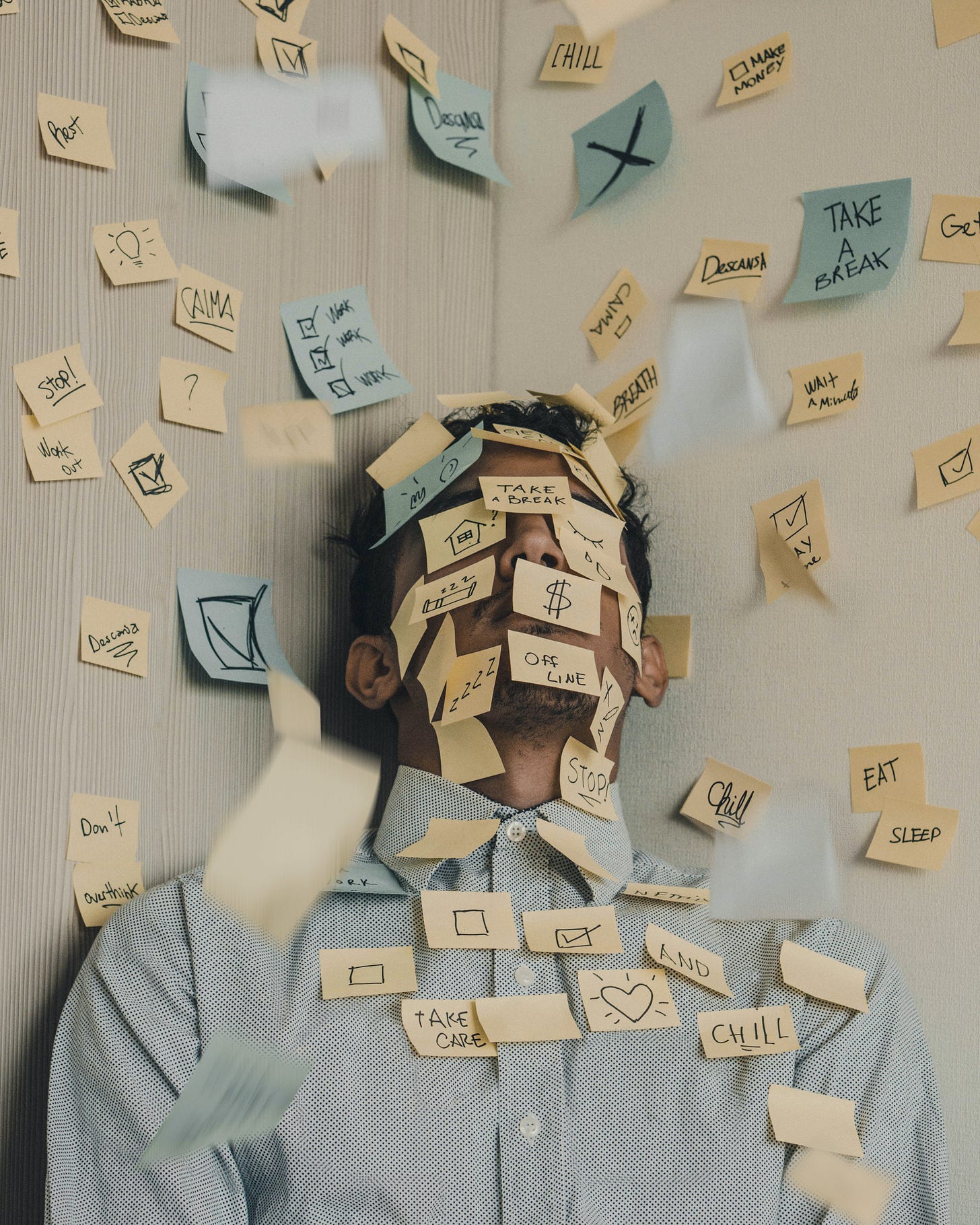Decision fatigue is real. It’s the mental exhaustion that comes from having to make thousands of little, and a few big, decisions every day, until you die, and perhaps even then, too: After all, if you’ve been responsible, you’ll have planned for what happens post-death to spare your loved ones the pain of making deci…
Keep reading with a 7-day free trial
Subscribe to Perfectly Cromulent to keep reading this post and get 7 days of free access to the full post archives.




